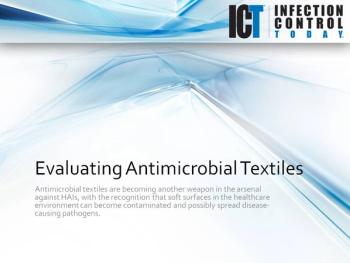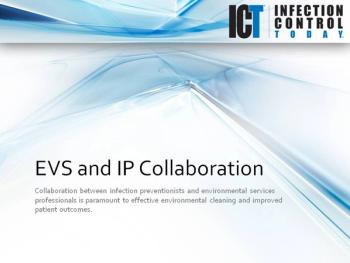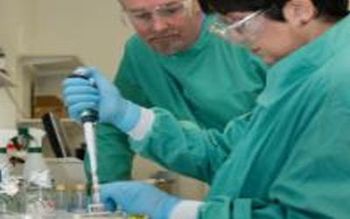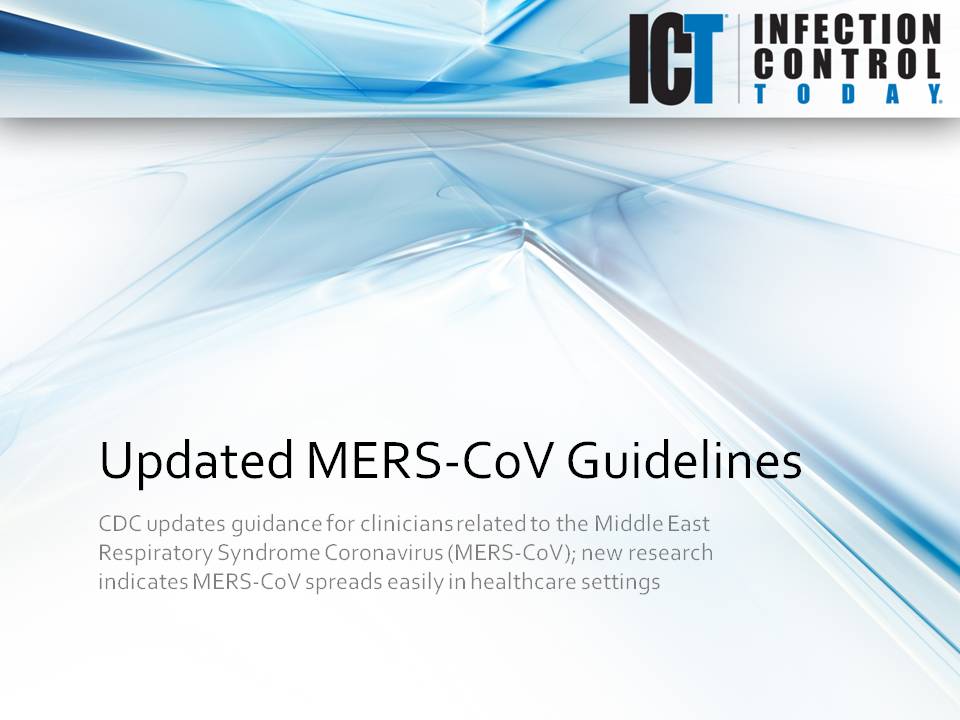
Environmental Services
Latest News



Infection Control Today invited manufacturers of automated hand hygiene monitoring systems to provide information that will assist infection preventionists in evaluating and purchasing these technologies.












Companies are announcing their educational offerings as well as opportunities to netwrok and see new products and services at the 40th annual meeting of the Association for the Professionals in Infection Control and Epidemiology (APIC), to be held June 8-10, 2013 in Ft. Lauderdale, Fla.



New research from the University of Southampton shows that copper and copper alloys will rapidly destroy norovirus. The virus can be contracted from contaminated food or water, person-to-person contact, and contact with contaminated surfaces, meaning surfaces made from copper could effectively shut down one avenue of infection.








